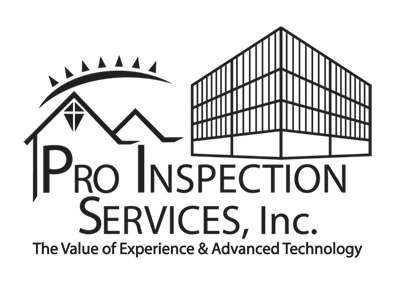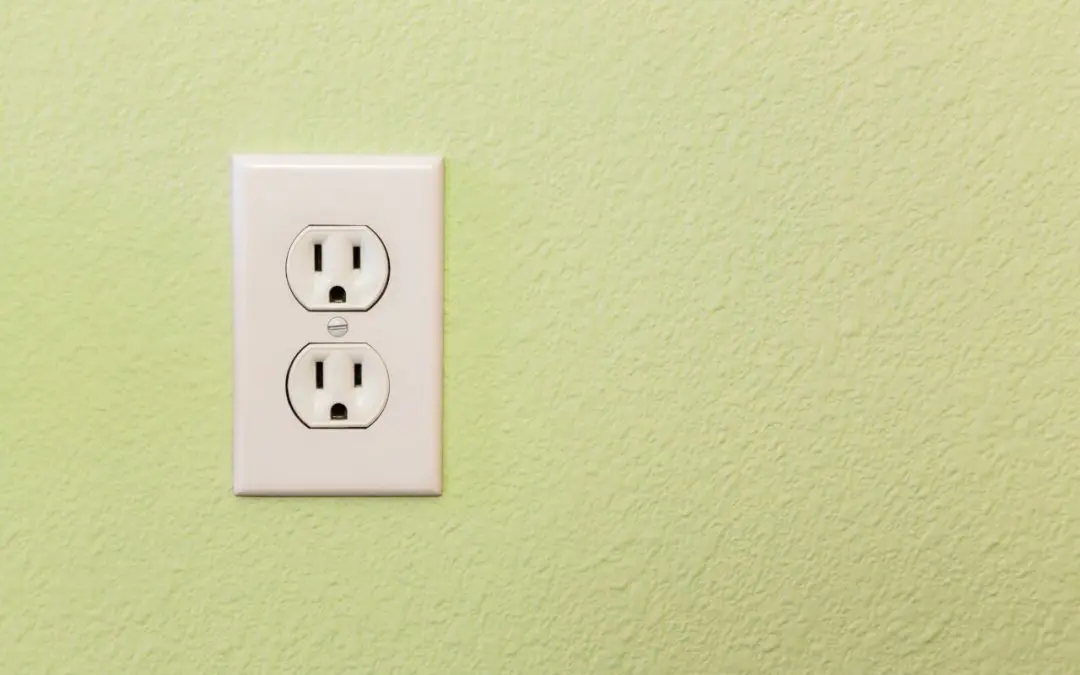Cutting down on energy use at home will help lower your bills and help you use resources more wisely. With a few smart habits and minor upgrades, you can reduce your energy use without much effort or expense. Let’s break down some practical ways to save energy at home, one step at a time.
So You Want to Save Energy at Home? Start with Your Thermostat
Heating and cooling account for a big chunk of your home’s energy use. One of the easiest ways to save is by adjusting your thermostat. In the winter, try setting it a few degrees cooler and wearing layers indoors. In the summer, bump it up a few degrees and use ceiling fans to stay comfortable.
A programmable thermostat can help even more. You can set it to automatically lower or raise the temperature when you’re not home or when you’re sleeping. Some models even learn your schedule and adjust on their own. This one-time upgrade can lead to noticeable savings over time.
Fix Air Leaks and Insulation Gaps to Save Energy at Home
A lot of energy is wasted because it escapes through gaps and leaks in your home. Common problem areas include windows, doors, attics, and basements. If your home feels drafty or your HVAC system seems to be running nonstop, this might be the issue.
Use weatherstripping or caulk to seal gaps around doors and windows. You can also add insulation to your attic or walls if they’re lacking. These improvements help your home hold onto warm air in the winter and keep cool air inside in the summer, which means your heating and cooling systems don’t have to work as hard.
Use Energy-Efficient Lighting
If you still use incandescent bulbs, it’s time to make the switch. LED bulbs use a fraction of the energy and last much longer. They’re available in a variety of colors and brightness levels, so you don’t have to sacrifice style or comfort.
Also, get into the habit of turning off lights when you leave a room. It sounds obvious, but it’s easy to forget, especially in shared spaces. Installing motion sensors or timers can help if you tend to leave lights on by accident.
Be Smart with Appliances
Appliances like refrigerators, dishwashers, and washing machines can be major energy users. When it’s time to replace them, look for ENERGY STAR-rated models—they’re built to use less energy without compromising performance.
Even if you’re not buying new appliances right now, you can still make small changes. Wash clothes in cold water when possible, only run full loads in the dishwasher or laundry, and unplug devices or chargers when they’re not in use. Electronics and appliances draw small amounts of power even when they’re turned off, especially if they have standby features.
Cut Down on Water Heating Costs
Water heating is another area where a few tweaks can lead to savings. Start by lowering your water heater temperature to around 120 degrees. It’s still hot enough for showers and dishes, but it takes less energy to maintain.
You can also install low-flow showerheads and faucet aerators. These reduce the amount of hot water used without making it feel like a sacrifice. If your water heater is older and not insulated, adding a water heater blanket can also make a difference.
Make the Most of Natural Light and Air to Save Energy at Home
Use what your home naturally gives you. Open blinds or curtains during the day to bring in sunlight instead of turning on lights. In cooler months, that sunlight can also help warm your home a bit.
In warmer months, open windows early in the morning or later in the evening when the air is cooler. Letting in fresh air can help lower the temperature indoors without running the AC. Just remember to close them again once it starts to heat up outside.
FAQs
How much money can I really save by using less energy at home?
It depends on your home and how much energy you currently use, but many households can save several hundred dollars a year with small changes. Bigger upgrades, like insulation or a smart thermostat, often pay for themselves within a few years.
Are smart plugs or power strips worth it?
Yes, especially if you have several electronics or devices that are used frequently. Smart power strips can cut power to devices when they’re not in use, and smart plugs let you control outlets from your phone, helping reduce standby energy use.
Is it better to turn off the heat or AC completely when I leave home?
Not completely. It’s more efficient to adjust the temperature by a few degrees instead of turning it off. That way, your system doesn’t have to work as hard to bring the temperature back to where you want it when you return.
What’s the best place to start if I’m on a tight budget?
Start with habits and low-cost changes—turning off lights, unplugging chargers, using cold water for laundry, and sealing drafts. These steps cost little to nothing and can lead to noticeable savings right away.
Pro Home Inspection Services offers home inspections in the Grand Strand and the Greater Charleston area. Contact us to schedule an appointment.

